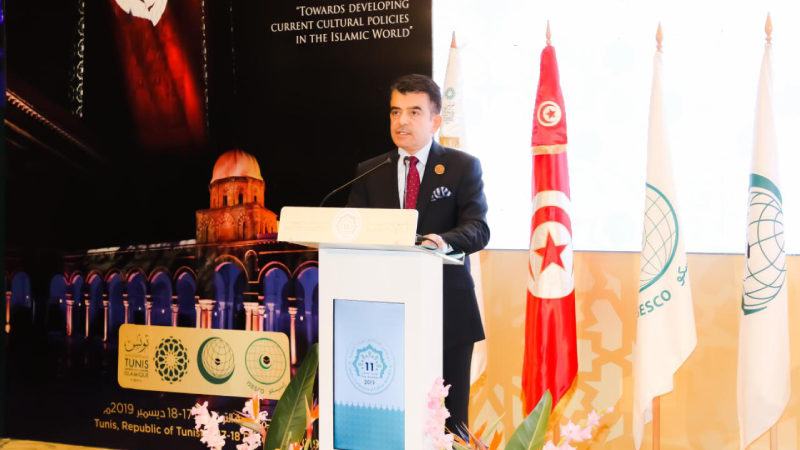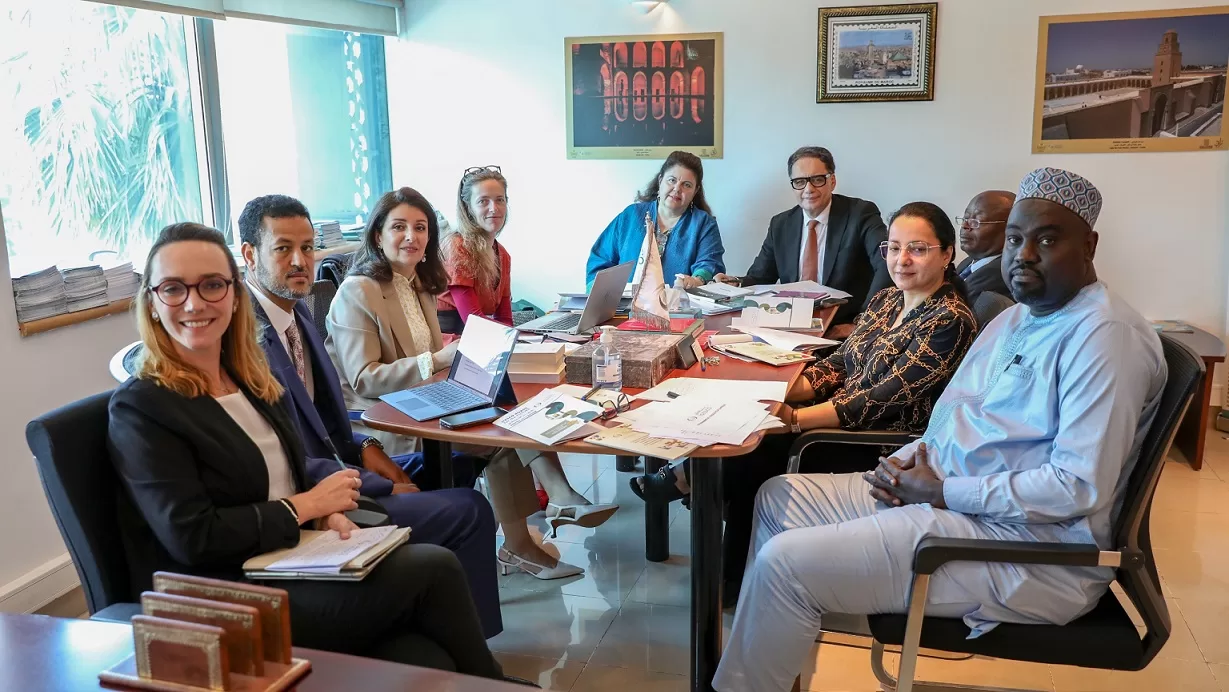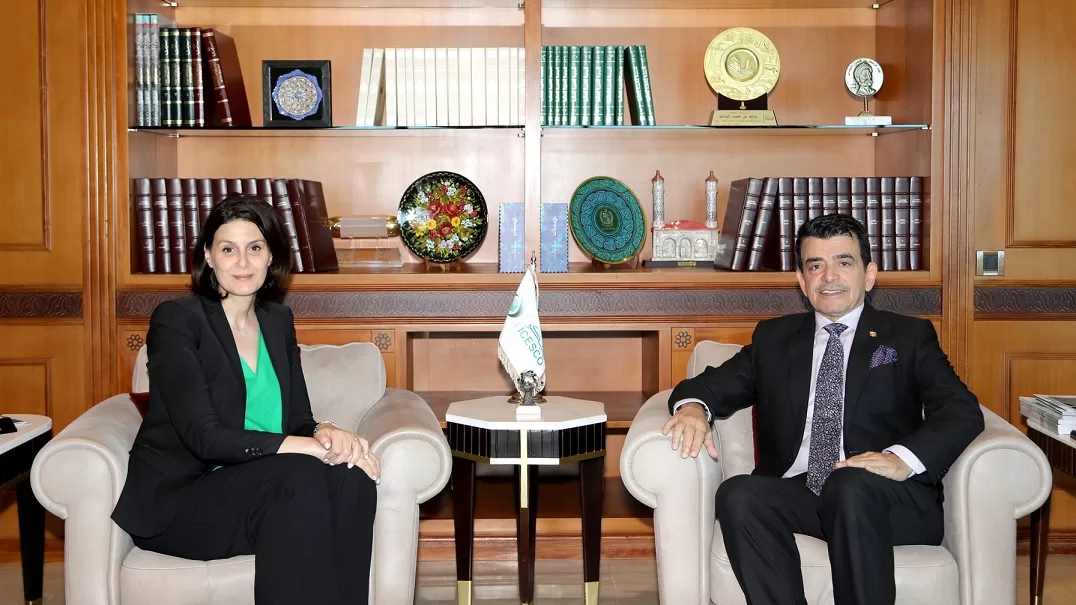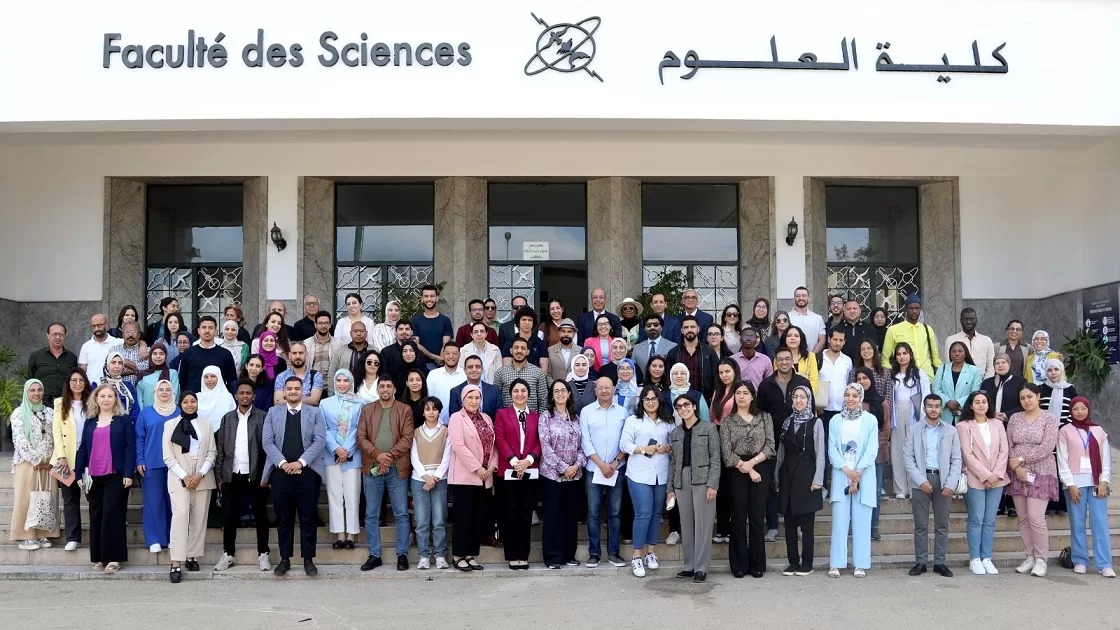
ISESCO Director General calls on Muslim world countries to inscribe their heritage sites on Islamic World Heritage List

17 December 2019
** AlMalik: development through culture is a priority choice…we should export our Islamic enlightening culture
** 70% of the world’s heritage sites in danger are in Islamic countries
Dr. Salim M. AlMalik, Director General of the Islamic Educational, Scientific and Cultural Organization (ISESCO), called on the ministers of culture and competent parties in Member States to continue the submission of their technical files for the inscription of all the tangible, intangible, natural and industrial heritage sites in their countries on the Islamic World Heritage List.
In his address at the opening session of the 11th Islamic Conference of Culture Ministers, kicked off today in Tunis, Dr. AlMalik first expressed his thanks to His Excellency Mr. Kaïs Saïed, President of the Republic of Tunisia, for his patronage of the Conference. He also thanked the Tunisian Government, represented by the Ministry of Cultural Affairs; and Dr. Mohamed Zine El Abidine, Minister of Cultural Affairs, for his support to hold this conference. In addition, he stated that ISESCO has set up a special unit to inscribe heritage sites in Muslim countries according to strict scientific and international standards and signed a cooperation agreement with UNESCO to inscribe Member States’ sites on the World Heritage List.

Moreover, ISESCO Director General warned against the degradation, disappearance, destruction, and looting of cultural institutions and cultural heritage in a number of Member States, pointing out that the List of World Heritage in Danger includes thirty-seven (37) sites in Muslim countries out of fifty-four (54) sites, accounting to almost 70% of the sites in danger.
“Even though Member States agreed to create the Islamic World Heritage Committee (IWHC) in 2007, the Committee had a shaky start as only five (5) sites were inscribed. However, with the new General Directorate, this situation has changed as ISESCO committed itself to inscribing one hundred (100) sites on the Islamic World Heritage List before the end of 2019 managed to exceed the said number, praise be to Allah, through concerted efforts with the IWHC and Member States, we were able to inscribe 132 sites. We then cheerfully ushered ourselves into the era of the codification of our cultural and civilizational heritage”, Dr. AlMalik added.

By the same token, Dr. AlMalik underscored the need for translating Member States’ cultural unity and solidarity regarding the preservation of cultural heritage into a programme to be supervised by ISESCO to jointly inscribe a number of exemplary historical and civilizational routes (Hajj route, routes of trade caravans, and the routes of travelers, scholars, students and manuscript, etc.) on the Islamic World Heritage List. In this regard, he stressed that ISESCO has adopted this as part of its new vision.
Moreover, ISESCO Director General reaffirmed that access to development through culture has today become one of Member States’ strategic priority choices. As such, Dr. AlMalik underlined that culture should never be considered as a secondary sector and that cultural diplomacy and capital should be employed in serving cultural development in Muslim countries, defending their strategic interests, and exporting Islamic enlightening culture. Likewise, he called for keeping up with digital changesto promote culture and encourage creativity and innovation, in order to highlight Muslim societies’ rich cultural diversity, linking the achievement of this goal to providing new and diverse funding sources for cultural projects.
At the close of his address, ISESCO Director General wished every success to the Conference in reaching tangible outcomes and resolutions likely to achieve cultural development in the Islamic world.



